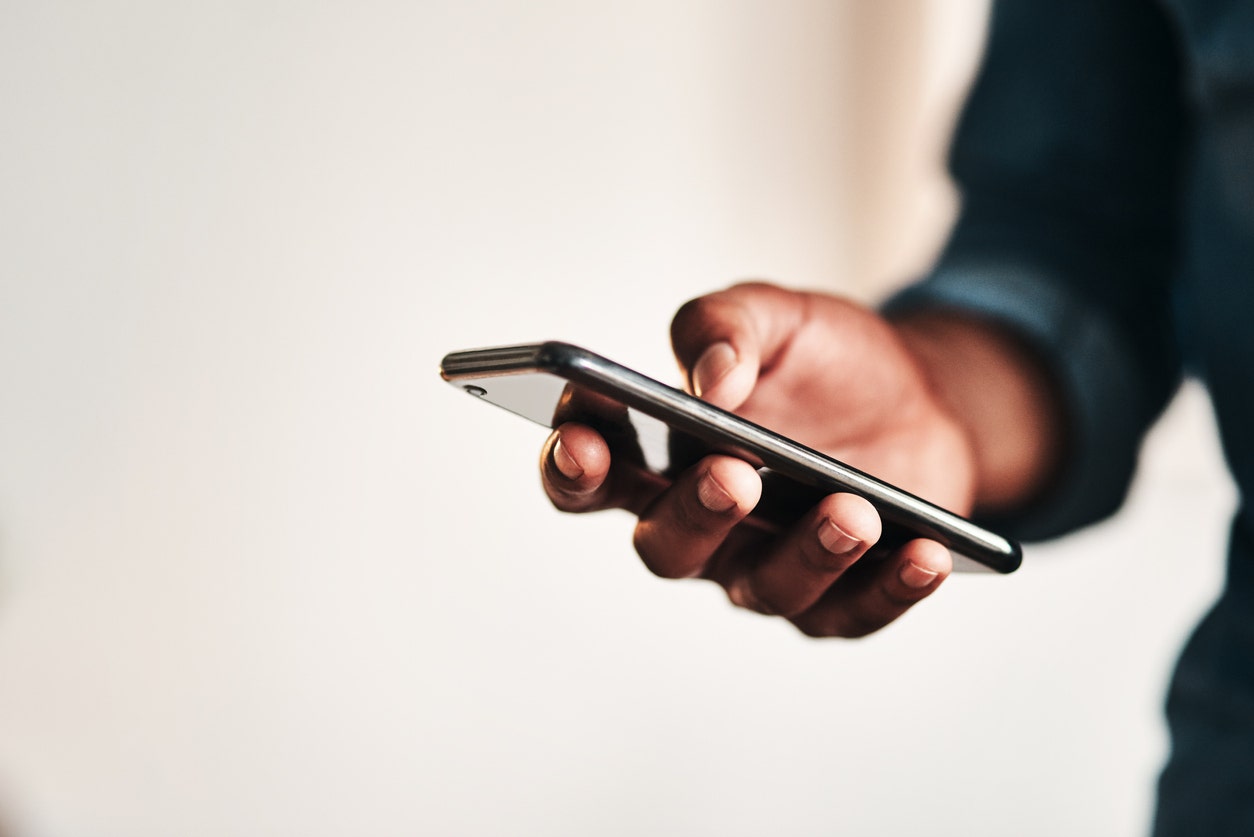Unveiling the Truth: Is Your Smartphone Secretly Eavesdropping on You?
As concerns grow over privacy and surveillance, many users are left wondering whether their smartphones are actively listening to their conversations. With the rapid advancement of technology, particularly in mobile devices, the question of whether smartphones are eavesdropping has become a hot topic. This exploration delves into the complexities of mobile device data collection, user consent, and the implications for personal privacy.
The Mechanics of Smartphone Listening
Most modern smartphones come equipped with a range of microphones designed to facilitate voice commands, video calls, and audio recording. These microphones, while useful, also raise questions about privacy. Are they always on? Are they recording without your consent?
In truth, your smartphone is not constantly recording your conversations. However, certain apps can access your microphone and may activate it under specific conditions, such as when you’re using voice assistant features like Siri, Google Assistant, or Alexa. This access typically requires your explicit permission, which is often granted when you download an app.
Understanding App Permissions
When you install an app, it often requests various permissions, including access to your microphone. Here’s where it gets tricky. Many users hastily click “accept” without fully reading the implications of these permissions. This can lead to unintended consequences, where apps collect audio data beyond what is necessary for their intended functionality.
- Voice Assistants: They need microphone access to function properly, but they only listen for a “wake word.”
- Social Media Apps: Many require microphone access for video recording or voice messaging, which can lead to concerns about privacy.
- Third-Party Apps: Some lesser-known apps may ask for microphone access without a clear need, raising red flags.
Data Collection and Eavesdropping Myths
While the term “eavesdropping” suggests malicious intent, most instances of data collection are more about marketing than espionage. Companies collect data to provide targeted advertisements and improve user experience. However, this leads to a perception of being constantly watched or listened to, even if that is not the case.
Here are some common myths about smartphones eavesdropping:
- Myth 1: Smartphones record all conversations at all times.
Reality: They only activate when prompted or when an app requiring the microphone is in use. - Myth 2: All apps are spying on you.
Reality: Reputable companies may collect data, but they are bound by privacy laws and regulations. - Myth 3: You cannot control what apps access.
Reality: Users can manage app permissions through their device settings.
The Role of User Consent
User consent is a cornerstone of digital privacy. In many jurisdictions, companies are required to inform users about data collection practices and obtain explicit consent before accessing personal information. This includes microphone access. However, the effectiveness of these consent mechanisms is frequently questioned.
Many users do not fully understand the implications of the permissions they grant. For instance, an app that requests microphone access may seem benign — like a voice memo application — but users might not realize that it could also access audio data in other contexts. Therefore, it’s crucial to read permission requests carefully and consider the necessity of granting access.
What You Can Do to Protect Your Privacy
While the thought of your smartphone eavesdropping can be unsettling, there are practical steps you can take to protect your privacy:
- Review App Permissions: Regularly check and manage app permissions on your phone settings. Revoke microphone access for apps that don’t need it.
- Limit Background Data: Some applications can operate in the background, so limiting their data usage can help maintain privacy.
- Use Privacy Settings: Familiarize yourself with privacy settings available on your device. Most smartphones have options to limit access to various features.
- Stay Informed: Keep up with updates regarding privacy policies from apps and operating systems you use.
Legislation and Consumer Rights
In response to growing concerns over digital privacy, several countries have implemented laws to protect consumers. For example, the General Data Protection Regulation (GDPR) in Europe mandates that companies must be transparent about data collection and allows users to request the deletion of their data. In the United States, laws like the California Consumer Privacy Act (CCPA) provide similar protections.
These regulations empower consumers to take control of their data, ensuring that companies are held accountable for their practices. However, the effectiveness of these laws depends on public awareness and engagement. Consumers must advocate for their rights and be vigilant about the data they share.
The Future of Smartphone Privacy
As technology evolves, so do the methods of data collection and the potential for eavesdropping. Innovations such as artificial intelligence and machine learning are being integrated into mobile devices, which can enhance user experience but also complicate privacy issues.
Looking ahead, there is a growing trend toward transparency and user control. Companies are increasingly recognizing the importance of building trust with their users. This includes clearer communication about data usage and providing tools that allow users to manage their privacy settings effectively.
Conclusion
In conclusion, while the idea of smartphones secretly eavesdropping on conversations is a concerning notion, the reality is more nuanced. Most smartphones do not actively listen to users without permission, but the way data is collected and used by apps raises valid privacy concerns. Users must take proactive steps to manage their permissions and understand their rights regarding personal data. As we move forward, fostering transparency and advocating for privacy rights will be crucial in ensuring that technology serves the best interests of its users.
By staying informed, adjusting settings, and demanding better practices from app developers, you can enjoy the benefits of modern technology while protecting your personal privacy. Ultimately, it’s about striking a balance between convenience and security in our increasingly digital world.
See more Future Tech Daily

